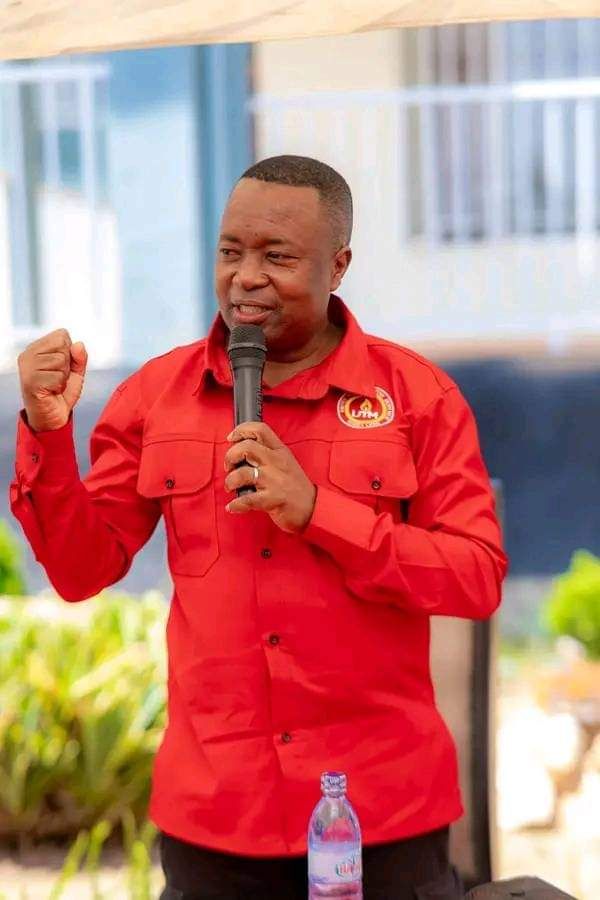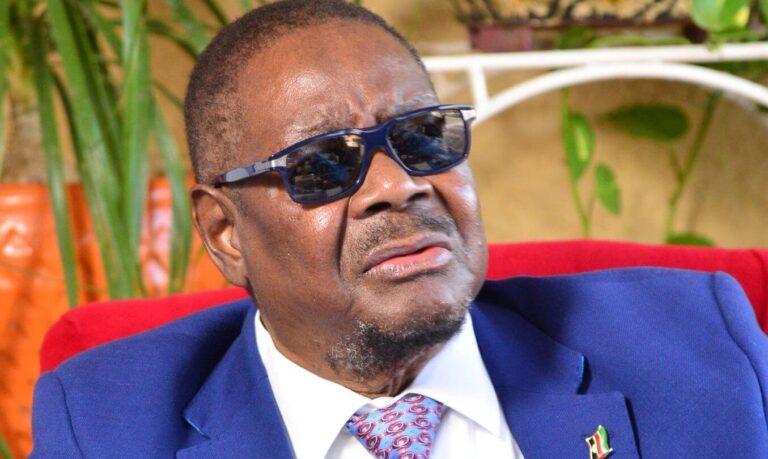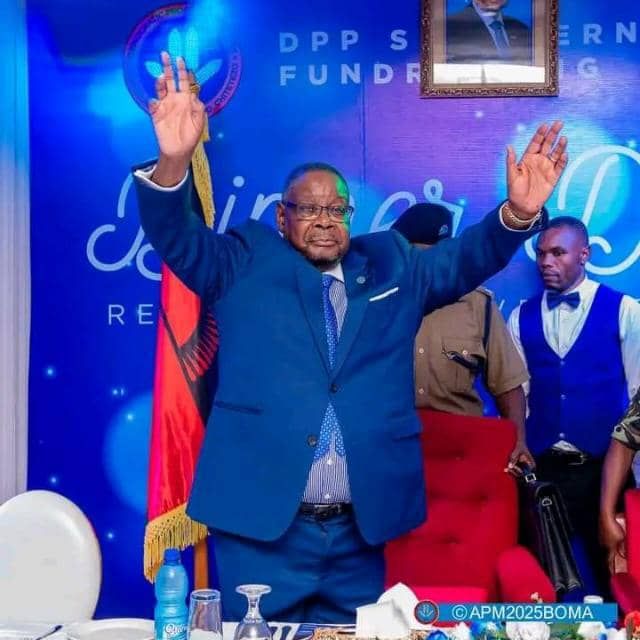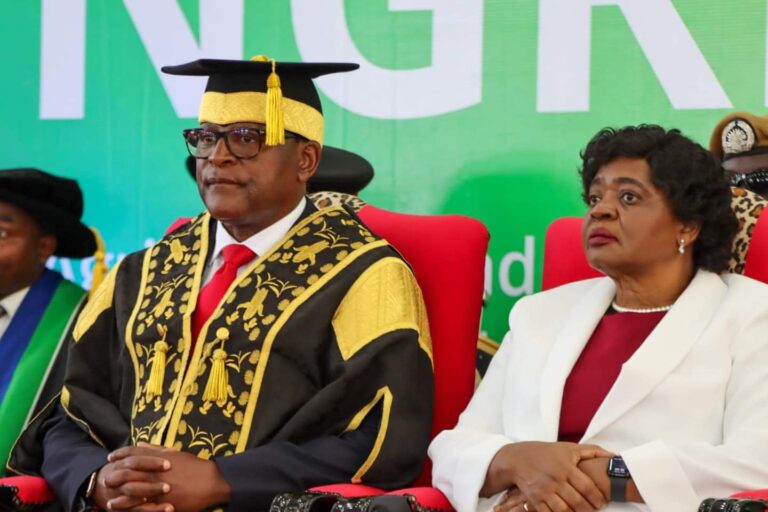By Burnett Munthali
The Center for Democracy and Elections (CEDE) has raised concerns about escalating disagreements surrounding Malawi’s electoral processes as the country prepares for the 2025 general elections. Aloisious Nthenda, Technical Specialist at CEDE, described the situation as disheartening, pointing to a deepening lack of trust among key stakeholders in the electoral system.
Nthenda’s remarks come in the wake of mounting criticism directed at Annabel Mtalimanja, Chairperson of the Malawi Electoral Commission (MEC), who has resisted calls to resign from her position. The UTM Party, among other opposition groups, has intensified demands for her to step down, citing unresolved grievances related to electoral management.
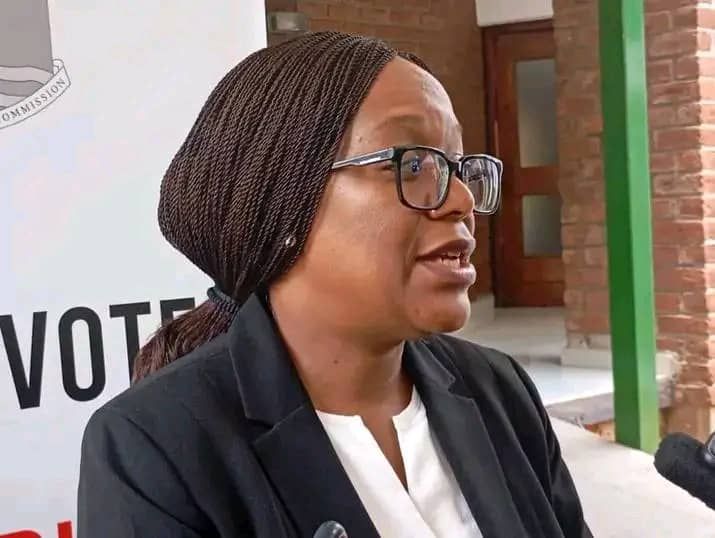
One of the most contentious issues involves the proposed suspension of Smartmatic, a technology firm engaged for next year’s elections. Opposition parties have questioned the transparency and reliability of its systems, fueling broader concerns over the credibility of the election process.
Felix Njawala, UTM’s National Publicity Secretary, has publicly urged Mtalimanja to address these grievances decisively to retain her role as MEC Chairperson. “Stakeholders need confidence in the process, and the Chairperson must act swiftly to resolve these matters if she is to maintain her leadership,” Njawala said.
Speaking to MIJ Online, Nthenda underscored the urgency of dialogue among political parties, civil society, and MEC officials to foster trust and ensure a fair electoral process. “The integrity of Malawi’s democracy hinges on finding common ground. Without genuine dialogue, the prospects of a free and fair election are at risk,” he cautioned.
As the clock ticks toward the 2025 elections, the ongoing disputes threaten to erode public confidence in MEC and its ability to oversee credible elections. CEDE’s call for constructive engagement serves as a timely reminder of the need to safeguard Malawi’s democratic processes through transparency and consensus-building.


